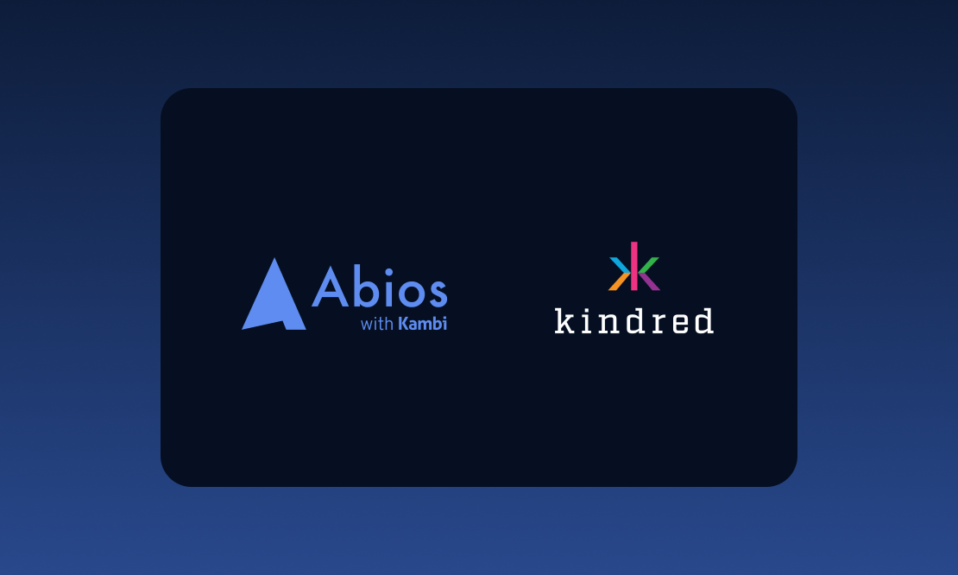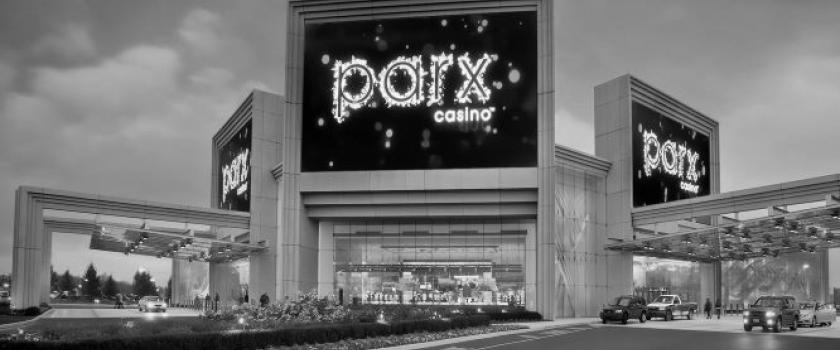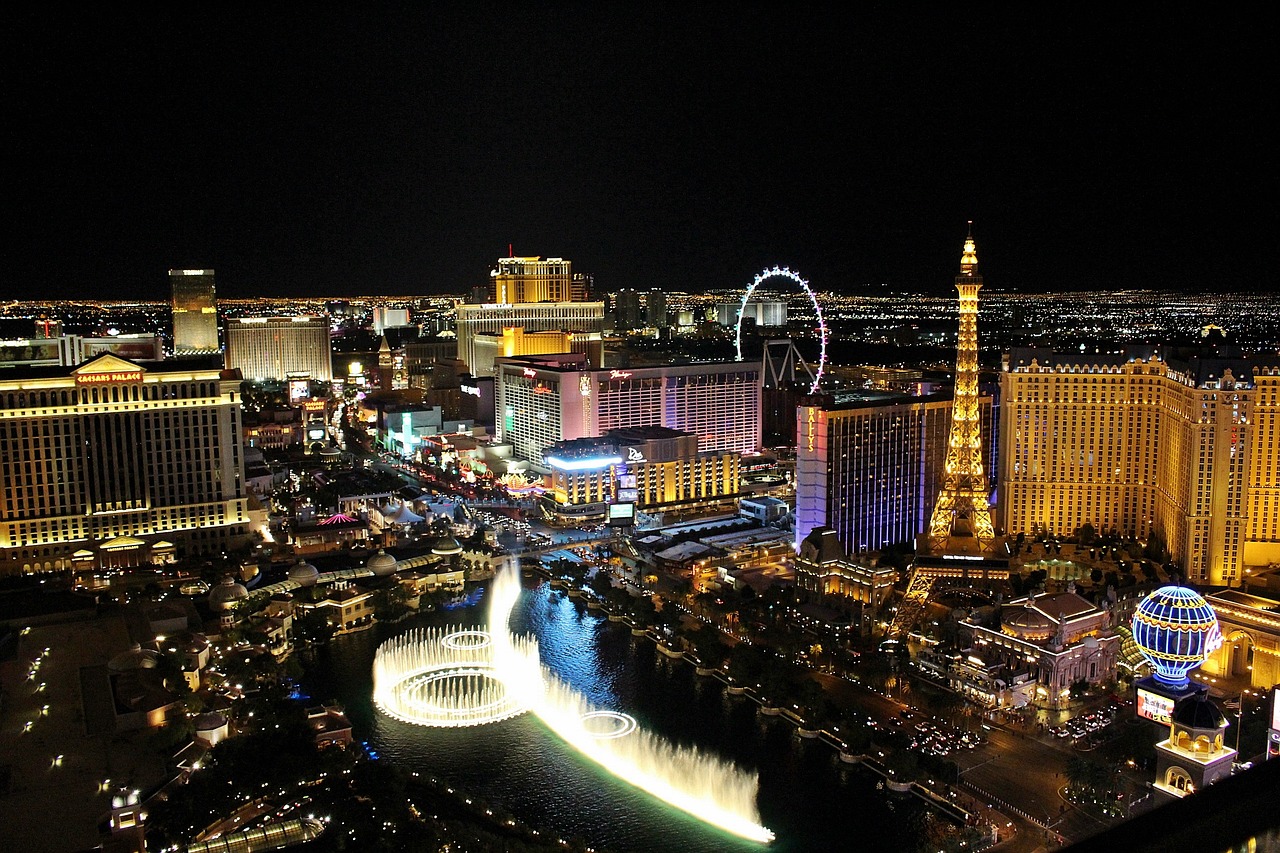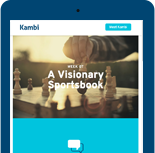

KIOSKS RESPONSIBLE FOR 75% OF PA SPORTS BETS
Betting kiosks are a huge part of the PA retail sportsbook environment. At many properties, like Parx, the presence of kiosks means bettors don’t even have to enter the sportsbook to get in on the action.
The result is staggering. According to Kambi, which provides sports betting kiosks for SugarHouse, Rivers, and Parx and its two OTB parlors, roughly 75% of wagers are placed on a kiosk. On one property, that number is 88%. Three out of every four bets coming through the machines indicates that face-to-face interactions will play a minimal role in the market.
If the NJ betting scene is any indication, 80% of bets will be placed on an app when they launch in the Keystone State. That means, in a mature market, as few as 5% of total bets will be placed at a betting counter.
WHAT IS THE APPEAL OF KIOSK BETTING?
According to Max Bichsel, Kambi’s US director, the kiosk numbers even caught them off guard.
“In December … we were a little bit surprised,” Bichsel said. “Initially, we didn’t even have time to really have an expectation over what it was going to be. We just knew there would be a desire for it. We just didn’t anticipate the level of it.”
With the growing presence of kiosks in all facets of life, though, people are not as intimidated to try and bet on one. Be it the airport, the grocery store, or the bank, there are kiosk options that can save consumers time and effort. For those who find interacting with people mentally taxing, the lack of another human in the process is an added perk. Bichsel agrees about the appeal:
“It gets people to come through and they can move at their own pace, and they can also see a lot more than they would from over the counter if I’m behind and breathing down their neck.”
It helps, too, that Kambi’s products are fairly intuitive for the customer to use.
“Every once in a while you’ll have people that will ask, ‘How do I place this type of exotic bet?’ or ‘Where do I find the features for the PGA Championship this week?’, or ‘How do I find something very specific?’, Bichsel explained. “Those operators have at least someone floating around at the bay of kiosks or where they’re concentrated, and they’re able to help service those customers. But, after a few times, we see that learning curve expedites itself from where people can figure things out very, very quickly.”
KIOSKS’ EASE OF ACCESS PLAYS A ROLE, TOO
Another benefit of kiosks is that they effectively make the sportsbooks a 24/7 operation. Yes, the retail book has posted hours, but the machines are accessible round the clock.
Bichsel used the machines near casino poker rooms as an example.
“They have several kiosks in a poker room, so … you’ll see (people) them at them. At the times they are open, they get considerable use outside the normal business hours of the casino business. … So, if there’s a West Coast basketball game in the NBA, you can get a second half that starts around midnight East Coast. Those are typically hours of a sportsbook in some cases, depending on the day. So, we are seeing them get used immensely by the parts of the casino where they’re strategically placed.”
What helps during these off hours is that bettors can use the winning paper ticket of another bet to fund a new one via the kiosk. Unlike other betting kiosk options, where bettors must cash a ticket at the counter, Kambi allows bettors to fund bets with winning bet slips. The next step is, hopefully, to offer the option of using a slots slip to do the same.
First published by Play Pennsylvania
https://www.playpennsylvania.com/pa-kiosk-betting-popularity/










